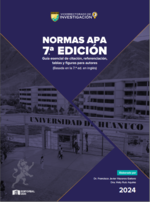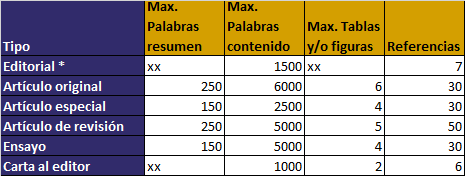Methodological strategies to improve cooperative work in high school students, Cajamarca, 2020
DOI:
https://doi.org/10.37711/desafios.2021.12.1.254Keywords:
methodological strategies, cooperative workAbstract
Objective. To identify cooperative work strategies in high school students in the city of Cajamarca. Methods. The study had a qualitative approach, with a non-experimental, transectional and descriptive design. The instruments used were the questionnaire and the checklist; the instrument was validated by means of expert judgment with a valuation quotient of 90 %. Reliability was established by means of the Kuder-Richardson coefficient, which was equal to 0.83 and 0.81; therefore, it can be said that the instrument has a very high reliability. Results. The methodological strategy of cooperative work through its four phases: programming, operation, reflection and reflection, the Puzzle methodologies and the inquiry by groups, make it possible to create favorable conditions for cooperative work among students. Conclusions. The hypothesis that an adequate methodological strategy creates an appropriate learning process, thus benefiting the methodological strategy of the students, is proved.Downloads
Download data is not yet available.
Published
2021-01-09
How to Cite
Mendoza Sánchez, J. R., & Mendoza Sánchez, B. F. (2021). Methodological strategies to improve cooperative work in high school students, Cajamarca, 2020. Desafios, 12(1), 44–49. https://doi.org/10.37711/desafios.2021.12.1.254
Issue
Section
Articulos Originales
License
Copyright (c) 2021 Juan Romelio Mendoza Sánchez, Blanca Flor Mendoza Sánchez

This work is licensed under a Creative Commons Attribution 4.0 International License.




























